SUMMARY
This is AI generated summarization, which may have errors. For context, always refer to the full article.
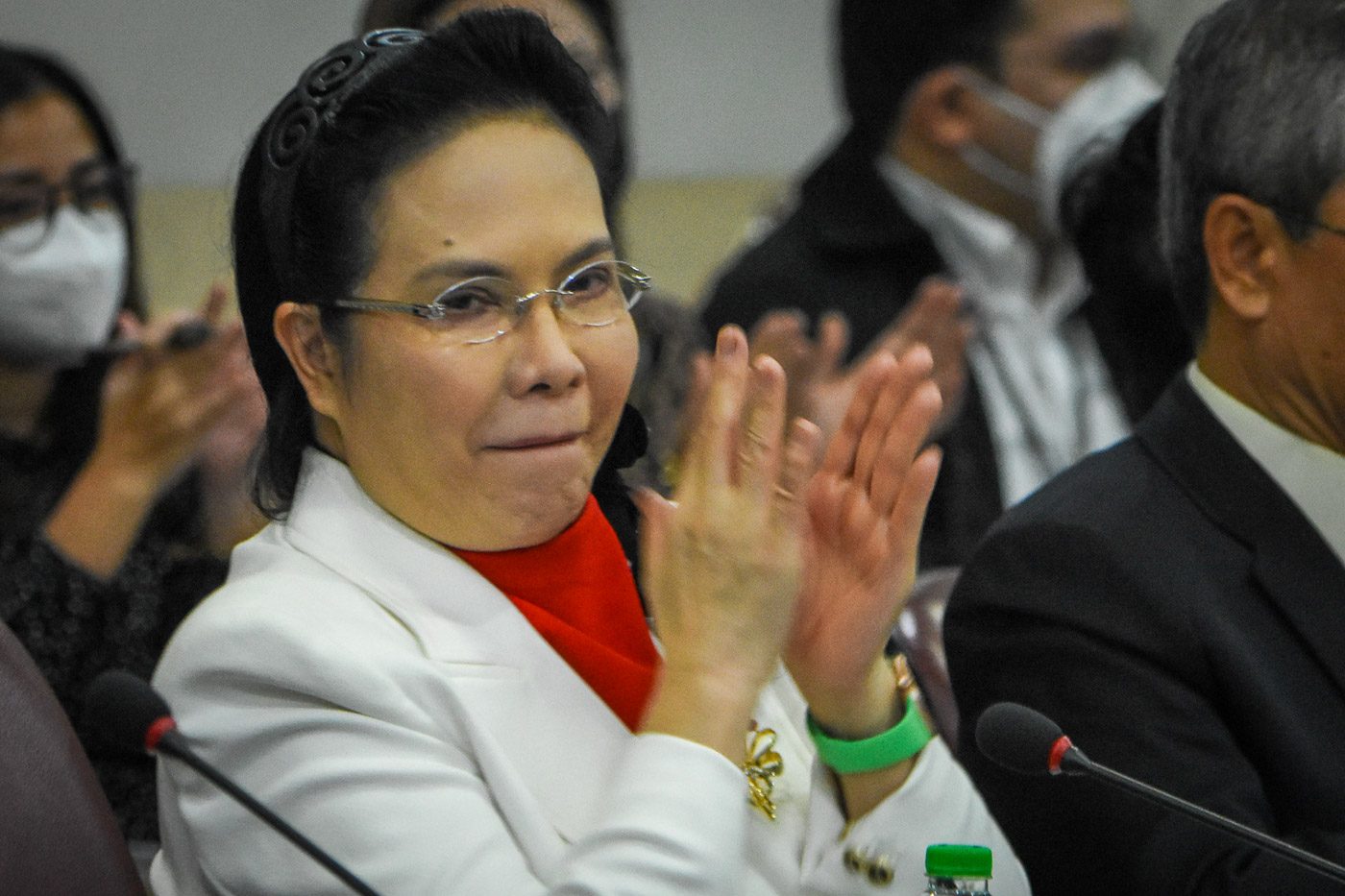
MANILA, Philippines – The Supreme Court (SC) ordered Public Attorney’s Office (PAO) chief Persida Acosta to explain why she should not be sanctioned over her remarks against a specific provision in the new Code of Professional Responsibility and Accountability (CPRA) – the new code of conduct for lawyers.
In a press release issued on Wednesday, July 12, the High Court noted Acosta’s “unabated public tirades” against canon III, section 22 of the new CPRA, “through social and mainstream media, branding the adoption of the CPRA as unconstitutional, and an undue interference and intrusion by the Supreme Court into PAO’s operations.”
The SC said the PAO chief needs to show cause why she should not be cited for indirect contempt over her social media posts and newspaper articles, “which tended, directly or indirectly, to impede, obstruct, or degrade the administration of justice.”
“Furthermore, the Court characterized Atty. Acosta’s resort to social and print media to air her unfounded grievances against the Court as a threat to the independence of the judiciary,” the High Court added.
Under Philippine laws, indirect contempt is a type of contempt committed out of the court’s presence. It could be disobedience, resistance to a lawful order, or “directly or indirectly, to impede, obstruct, or degrade the administration of justice.”
A person found guilty of committing indirect contempt against a Regional Trial Court or higher courts may be punished by a fine not exceeding P30,000 and imprisonment not more than six months – or both, according to the Rules of Court.
In the same release, the SC also announced that its En Banc decided to deny Acosta and her office’s request to delete section 22, Canon III of the new CPRA, which limits the PAO’s invocation of the rule on conflict of interest. The SC also reminded the PAO about its primary mandate to “[extend] free legal assistance to indigent persons in criminal, civil, labor, administrative and other quasi-judicial cases.”
The SC added: “To turn away indigent litigants and bar them from availing of the services of all PAO lawyers nationwide due to alleged conflict of interest would be to contravene PAO’s principal duty and leave hundreds of poor litigants unassisted by legal counsel they cannot otherwise afford.”
The High Court said that contrary to Acosta’s claims, it upheld the new CPRA in the exercise of the SC’s exclusive rule-making under the Philippine Constitution. The new code of conduct was also promulgated through the SC’s power to supervise the law practice and “to provide free legal assistance to the underprivileged,” the High Court added.
The new code of conduct, approved on April 12, replaced the 34-year-old code for lawyers and now guides the conduct of legal professionals. The new CPRA took effect on May 30, fifteen days after the SC published it.
But only a few days after the new CPRA’s launch, the PAO sent a letter to Chief Justice Alexander Gesmundo, raising its concerns. According to the PAO, the new provision allows two PAO lawyers to represent opposing parties in court cases, among others.
In a message to reporters, Acosta said she would wait first for the official copy of the SC’s resolution.
Department of Justice Secretary Jesus Crispin “Boying” Remulla, in a press briefing, said he believed that the PAO is a service agency and not a law office. DOJ oversees the PAO as one of its attached agencies.
“Ang conflict of interest frame of mind na ipinamamalas ng PAO sa atin ay isang pagtingin sa kanilang opisina bilang isang law office. Hindi po – sila ay legal service ng Republika ng Pilipinas,” Remulla said.
(The conflict of interest frame of mind being portrayed by the PAO shows that they consider their agency as a law office. But no, PAO is the legal service of the Republic of the Philippines.) – Rappler.com
1 comment
How does this make you feel?


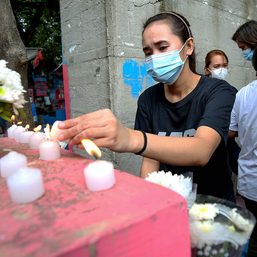
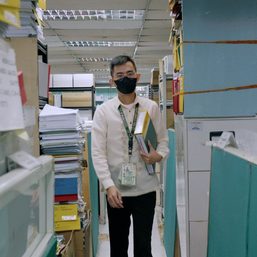
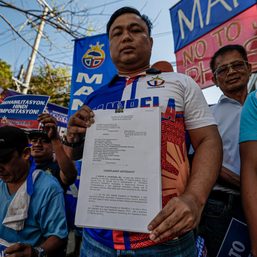


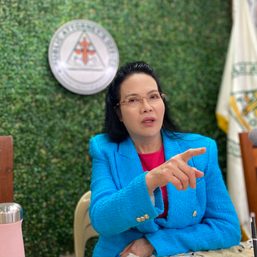

Bakit kasi sa social media sya nagsalita?